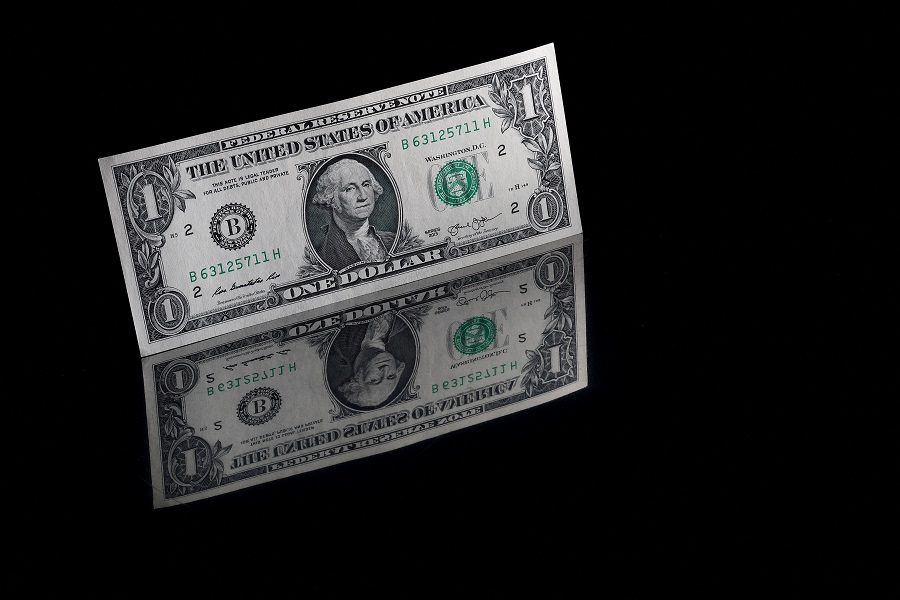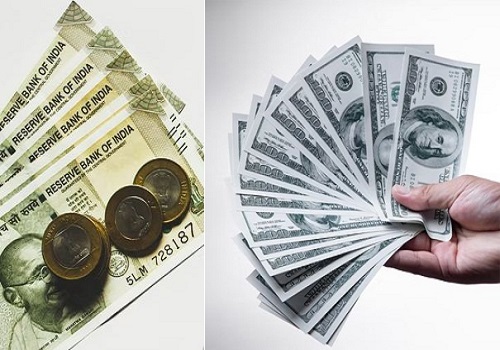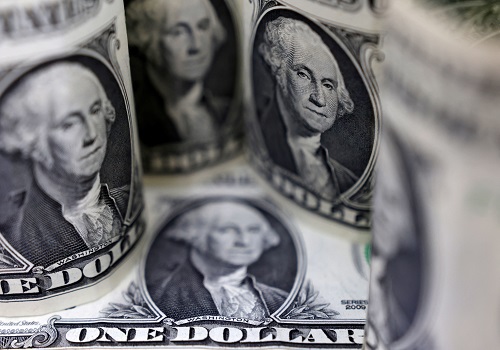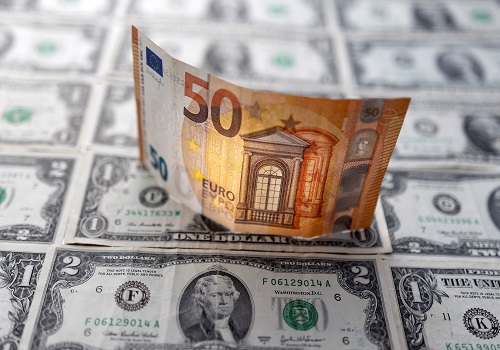Dollar skulks at eight-month low, central bank meetings in focus
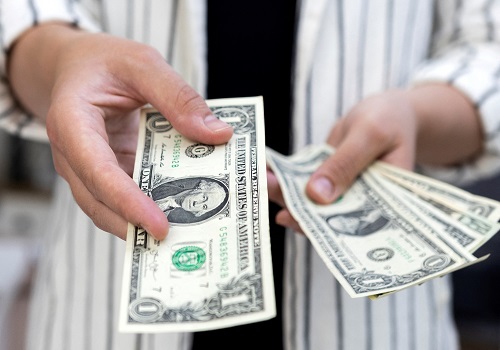
Follow us Now on Telegram ! Get daily 10 - 12 important updates on Business, Finance and Investment. Join our Telegram Channel
The dollar fell to an eight-month low against its peers on Thursday, as a gloomy U.S. corporate earnings season stoked recession fears ahead of a slew of central bank meetings next week
The euro squeezed its way to a new nine-month high of $1.09295 and was last just below that level, little changed on the day. Sterling was up 0.15% to $1.2419, mounting a new bid on territory above $1.245 having failed to get there last week.
This meant the U.S. dollar index, which measures the greenback against a basket of currencies, fell as low as 101.5, its lowest since the end of May.
Downbeat earnings and guidance from U.S. companies and a string of tech sector layoffs have deepened fears of an economic downturn in the United States, leading investors to pare back expectations on how much longer the Federal Reserve will need to aggressively raise interest rates.
"There are now signs the U.S. economy may be slowing in a more meaningful manner," said economists at Wells Fargo.
"With the Fed no longer leading the charge on interest rate hikes and U.S. economic trends set to worsen, we now believe the U.S. dollar has entered a period of cyclical depreciation against most foreign currencies."
The Fed's policy-setting committee will begin a two-day meeting next week, and markets have priced in a 25-basis-point (bps) interest rate hike, a step down from the central bank's 50 bps and 75 bps increases seen last year.
Ahead of that, the Commerce Department is due to release advance estimates of U.S. fourth-quarter gross domestic product later on Thursday.
Markets expect policymakers at the Bank of England and European Central Bank (ECB), which also meet next week, to deliver 50 bps rate hikes. The ECB is seen most likely to remain hawkish.
The Canadian dollar traded at 1.3387 per U.S. dollar, after the Bank of Canada on Wednesday raised its key interest rate to 4.5% but became the first major central bank fighting global inflation to say it would likely hold off on further increases for now.
That move too has weighed on the U.S. dollar
"The decision has understandably reinforced market expectations that other major central banks including the Fed will soon follow the BoC by pausing their own hiking cycles during the (first half) of this year," said Lee Hardman, MUFG senior currency analyst in a note.
He said the pullback in Fed rate hike expectations following the BoC’s policy decision had triggered a US dollar sell-off alongside Canadian dollar weakness, which "highlights that the US dollar remains vulnerable to a further dovish repricing of Fed rate hike expectations."
The Aussie touched a new five month high of $0.7129 on greater expectations that more Reserve Bank of interest rate increases are due after Wednesday's shock data showed that Australian inflation had surged to a 33-year high last quarter.
Trading was a little thin with Australia closed for a holiday.
The dollar rose 0.17% against the Japanese yen to 129.84.
Bank of Japan (BOJ) policymakers debated the inflation outlook at their January meeting, with some warning that it could take time for wages to rise sustainably, a summary of opinions at their meeting showed on Thursday.
At that meeting, the BOJ kept ultra-low interest rates unchanged but beefed up a monetary policy tool to prevent the 10-year bond yield from breaching its new 0.5% cap. Its decision defied market expectations of further tweaks to monetary policy.












 320-x-100_uti_gold.jpg" alt="Advertisement">
320-x-100_uti_gold.jpg" alt="Advertisement">



